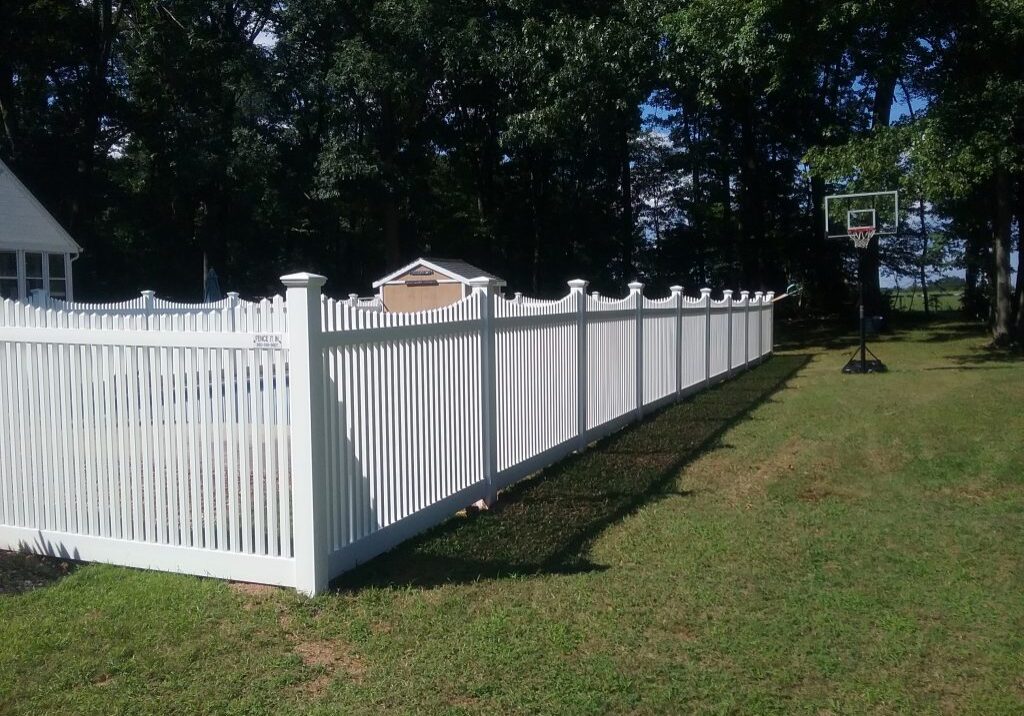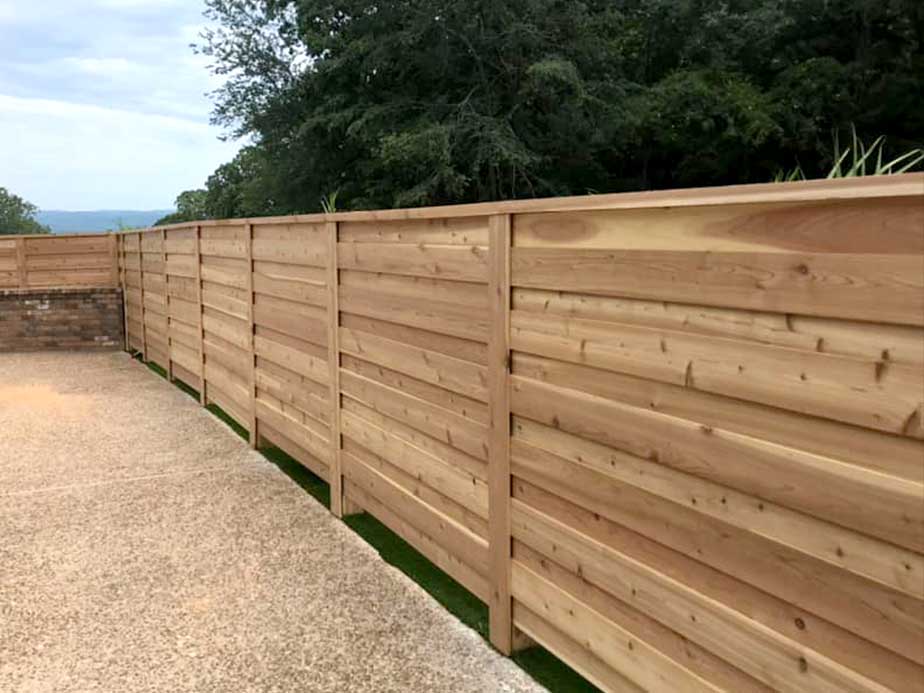All Categories
Featured

Choosing the right secure fencing product for your building is a decision that balances visual appeals, functionality, and budget. Amongst one of the most popular choices, timber, plastic, and aluminum each deal unique benefits and disadvantages. Understanding these can assist you make an educated choice that straightens with your needs. Here's a failure of the benefits and drawbacks of these three usual fencing materials.
Timber Fencing. Wood fence has been a timeless choice for home owners as a result of its all-natural beauty and versatility.
Pros:. Aesthetic Charm: Timber uses a warm and traditional appearance that matches a range of architectural designs. Personalized: It can be repainted, discolored, or reduce into special designs to match personal choices. Cost-efficient: Originally, timber fence can be an affordable option compared to other materials. Eco-Friendly: Wood is a renewable energy and can be sustainably sourced. Cons:. High Maintenance: Timber requires normal securing, staining, or paint to stop rot, insect damages, and weathering. Toughness Issues: Without correct treatment, timber can warp, crack, or degeneration gradually, particularly in locations with high humidity. Much shorter Life expectancy: A wood fence commonly lasts 10-20 years, depending upon the sort of timber and degree of upkeep. Wood is optimal for those who value a traditional appearance and are willing to commit to its upkeep.
Plastic Fencing. Plastic is a contemporary, low-maintenance fencing option that has actually grown in popularity in recent times.

Pros:. Low Upkeep: Vinyl does not call for painting, staining, or securing and can be conveniently cleaned with soap and water. Weather condition Resistant: It withstands severe weather conditions without decomposing, rusting, or warping. Resilient: Plastic fencings can last 20-30 years with marginal maintenance. Selection of Styles: Offered in several shades, layouts, and appearances, some vinyl choices imitate the look of timber. Disadvantages:. Higher Upfront Expense: Vinyl fencing can be extra costly initially compared to timber. Brittleness in Winter: In severe chilly, plastic may break or end up being brittle. Limited Repair works: Individual panels can be challenging to change, needing careful matching to the existing fence. Vinyl is finest matched for house owners looking for a resilient, low-maintenance service with modern appearances.
Light Weight Aluminum Fencing. Light weight aluminum secure fencing is a light-weight and durable option, usually selected for its contemporary look and flexibility.
Pros:. Rust-Resistant: Aluminum does not rust, making it a superb choice for wet or moist climates. Low Upkeep: Needs marginal maintenance and is very easy to tidy. Resilient: While lightweight, light weight aluminum is solid enough to stand up to numerous ecological conditions. Long Life expectancy: Can last numerous years without significant wear or deterioration. Range of Styles: Provides a classy and sleek appearance, usually utilized for attractive or decorative purposes. Disadvantages:. Higher Price: The preliminary financial investment for aluminum fencing is greater than timber or plastic. Less Privacy: Aluminum fences are usually designed with open pickets, making them less reliable for privacy. Prone to Dents: Although sturdy, light weight aluminum can be nicked by solid impacts. Light weight aluminum is excellent for those seeking an elegant, resilient choice that calls for very little care.
Making the Right Option. Each secure fencing material-- vinyl, wood, and light weight aluminum-- uses distinct advantages and downsides. Your choice must depend upon your specific priorities, such as budget, upkeep choices, climate, and visual objectives:
If you like a standard appearance and do not mind regular upkeep,Pick timber. Go with plastic if you desire a low-maintenance, weather-resistant fencing with modern allure. Go with aluminum if you prioritize sturdiness, rust resistance, and a streamlined style. By evaluating these disadvantages and pros, you can choose a secure fencing product that boosts your residential property while fulfilling your functional demands.
Latest Posts
Find Brake Repair & More: Full Services Guide from Montclare Auto Repair
Published en
1 min read
Reasons Regular Car Maintenance at Montclare Auto Repair Reduces Costs
Published en
1 min read
Learn About Outstanding Car Repair Services offered by Montclare Auto Repair – Drive with Confidence
Published en
1 min read
More
Latest Posts
Find Brake Repair & More: Full Services Guide from Montclare Auto Repair
Published May 27, 25
1 min read
Reasons Regular Car Maintenance at Montclare Auto Repair Reduces Costs
Published May 26, 25
1 min read
Learn About Outstanding Car Repair Services offered by Montclare Auto Repair – Drive with Confidence
Published May 26, 25
1 min read